Tackling claims of Israeli apartheid
March 26, 2015
Dressed in keffiyehs — the traditional checkered scarves popularized by Yasser Arafat — members of Students for Justice in Palestine stood in the cold Monday outside Bobst Library. They pamphleteered in front of a giant sign disparaging Israel, accusing it of being an apartheid state. In response, a group of Israel supporters set up their own sign across the street the next day, bearing the hashtag #IsraelPrideWeek. Ironically, this tag originally referred to Israel’s Gay Pride Week; a luxury that Arabs living under the Palestinian Authority cannot afford. SJP describes itself as a pro-Palestinian, anti-Zionist organization. In addition to condemning Israel, the group expresses its support of black rights, the Graduate Student Organizing Committee and anti fossil-fuel movements. Lacking in SJP’s cache of support, however, is justice and human rights for Palestinians living under Palestinian rule.
SJP is devoting this entire week to promoting the slander of Israeli apartheid, while skillfully ignoring the apartheid practiced by Hamas in Gaza, the Palestinian Authority in the West Bank and many oppressive governments throughout the world. “Apartheid,” the Afrikaans word that refers to the brutal system of racial segregation in pre-1994 South Africa, recalls a time when blacks were relegated to slums, not allowed to vote, hold political office, use white toilets or even stroll through white neighborhoods without a pass.
Israel is factually, morally and historically not an apartheid state. Arabs — about 20 percent of Israel’s population — are an active part of Israeli government, culture and economics. They vote, have political parties represented in the Knesset and occupy seats in the Supreme Court. Just last year, an Arab judge, Selim Joubran, headed the appeal that sentenced Israel’s former Prime Minister Ehud Olmert to six years in prison for corruption. In last week’s elections, the United Arab List became Israel’s third largest party. In 2007, Israel had an interim Muslim Arab president, Majalli Wahaba. All Israelis, regardless of race, creed or orientation are accorded equal rights under the law. Arabs lie alongside Jews in Israeli hospitals and are professors and students at top Israeli universities. Even F.W. De Klerk, South Africa’s reformer, decries the Israel apartheid analogy as slander. When it comes to religious pluralism, Israel is more accepting than any other country in the Middle East and many Christian countries worldwide.
Proponents of the Israel apartheid myth will point to what they call the “apartheid wall” that separates Israel proper from the West Bank. It is really a security barrier similar to the fence that separates Mexico from the United States. To call the barrier an “apartheid wall” is to distort the truth. SJP neglects to mention that prior to the completion of the barrier in 2006, members of the Al-Aqsa Martyr’s Brigade, Hamas and the Palestinian Islamic Jihad were murdering Jews in pizzerias, buses, bars and nightclubs. Before the construction of the barrier, there were 452 fatalities from terrorist attacks in 2002 alone. By 2010, the number of deaths fell to nine.
Last year, SJP distributed slips of paper accusing the Israeli government of “Judaization” even though Article 5 of the Palestinian Permanent Constitution draft explicitly states that Islam will be the official religion of Palestine. They lambast Israel’s law of return while ignoring other Arab countries that have similar laws allowing the naturalization of foreign Arabs. Instead of seeing Israel as a genuine place of refuge for Jews, more than 800,000 of whom fled from anti-Semitic Arab countries, SJP views Israel as nothing more than a malign social experiment.
While Prime Minister Benjamin Netanyahu’s recent remarks rejecting the potential for Palestinian statehood were no doubt politically opportunistic, they reflect the reality that Israel has faced over the past 66 years of its existence: the Palestinians have been rejecting land-for-peace deals since 1937. In 2000, the Palestinians rejected an offer of statehood that would have given them 97 percent of the West Bank, a capital in Jerusalem and a $35 billion compensation package for refugees.
If SJP really cared about the condition of the Palestinian people, it would be calling for elections in the West Bank, where PA president Mahmoud Abbas is in his eleventh year of what should have been a four-year term, or protesting the barbaric practices of Hamas. Until these issues are resolved, no peaceful accord can be strung between Israel and the Palestinians. By solely focusing on a one-sided rebuke of Israel, SJP is ignorant at best and anti-Semitic at worst.
Opinions expressed on the editorial pages are not necessarily those of WSN, and our publication of opinions is not an endorsement of them.
A version of this article appeared in the Thursday, March 26 print edition. Email David Zonshayn at [email protected].

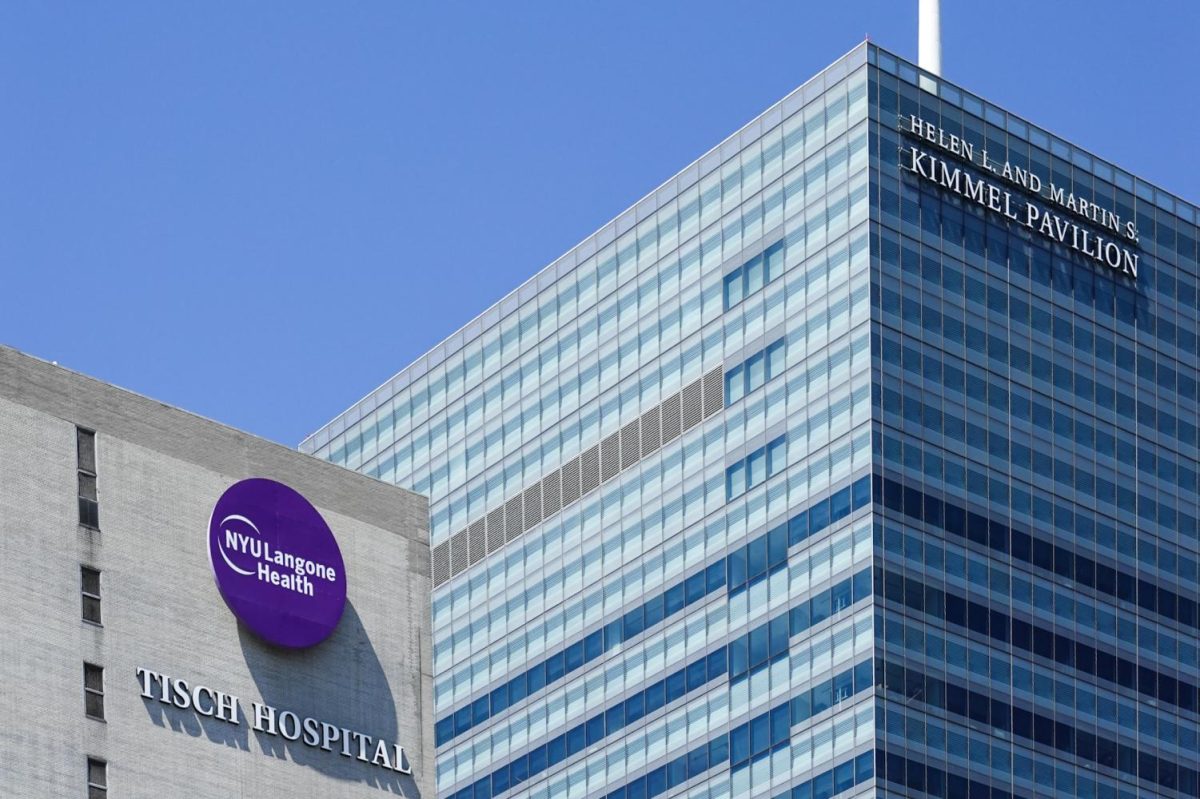

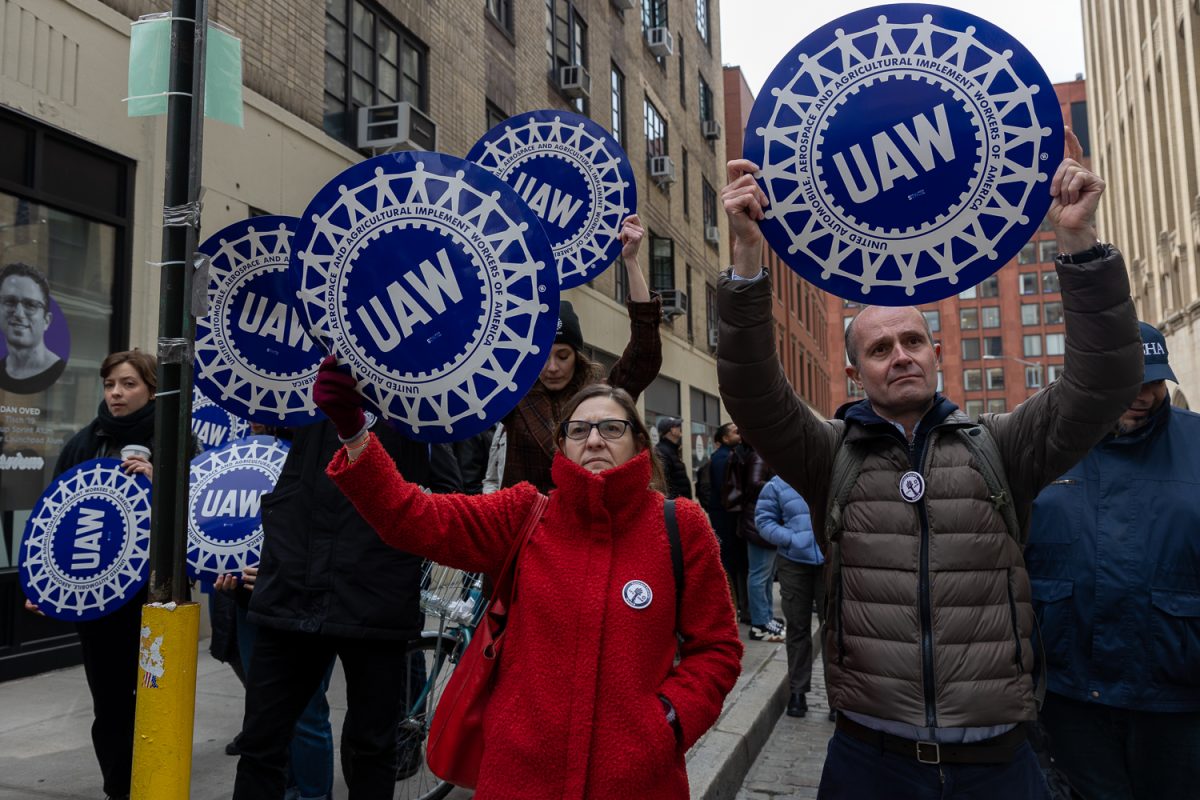













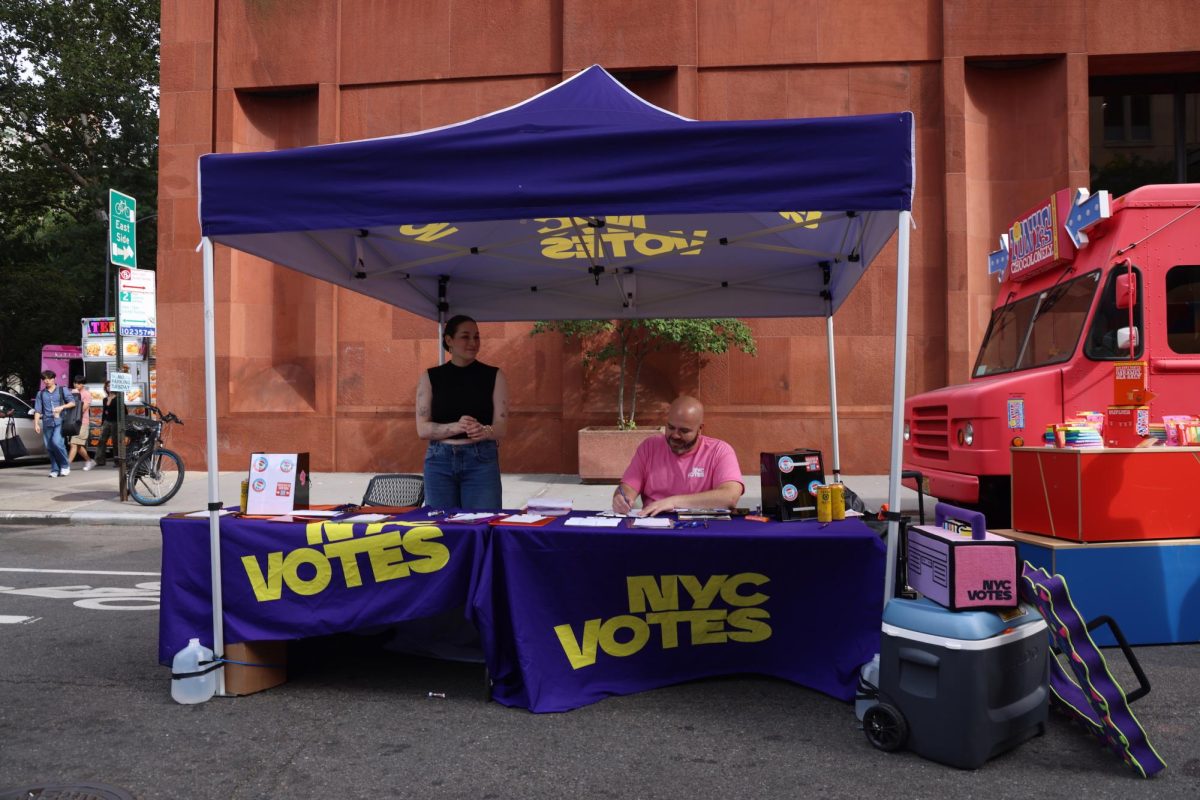














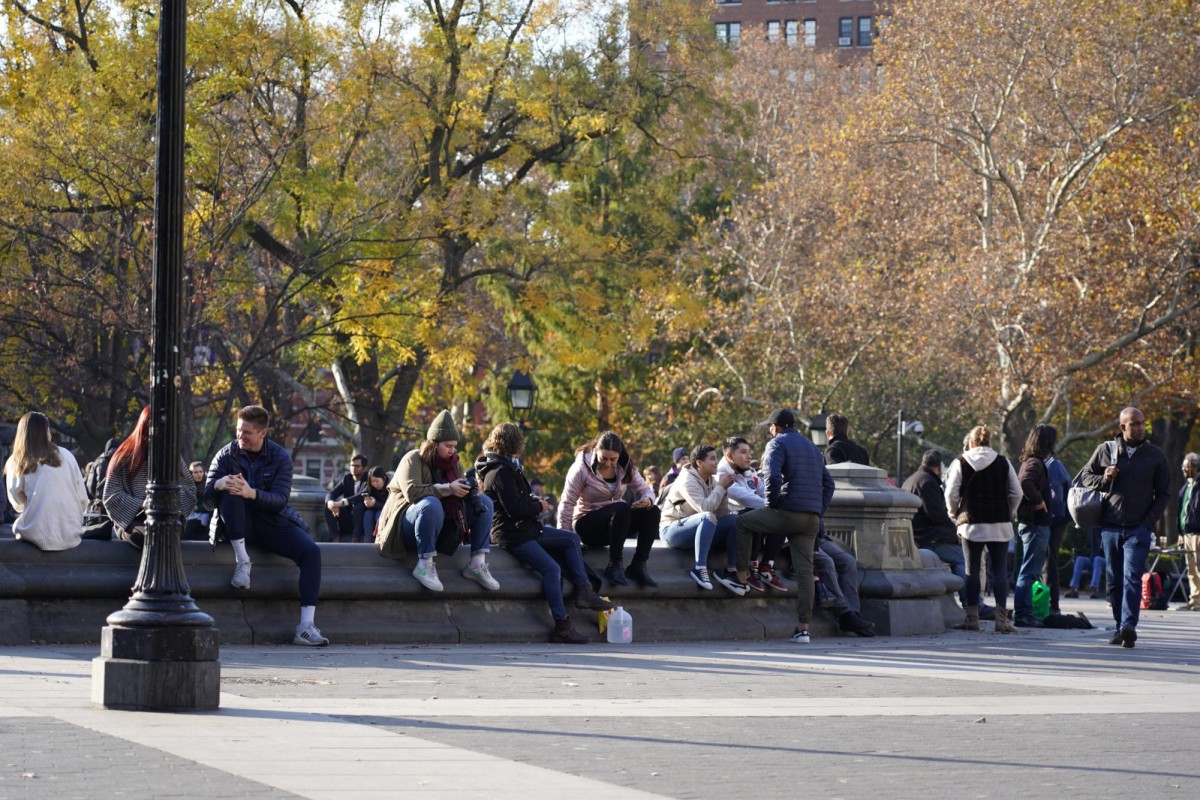
































































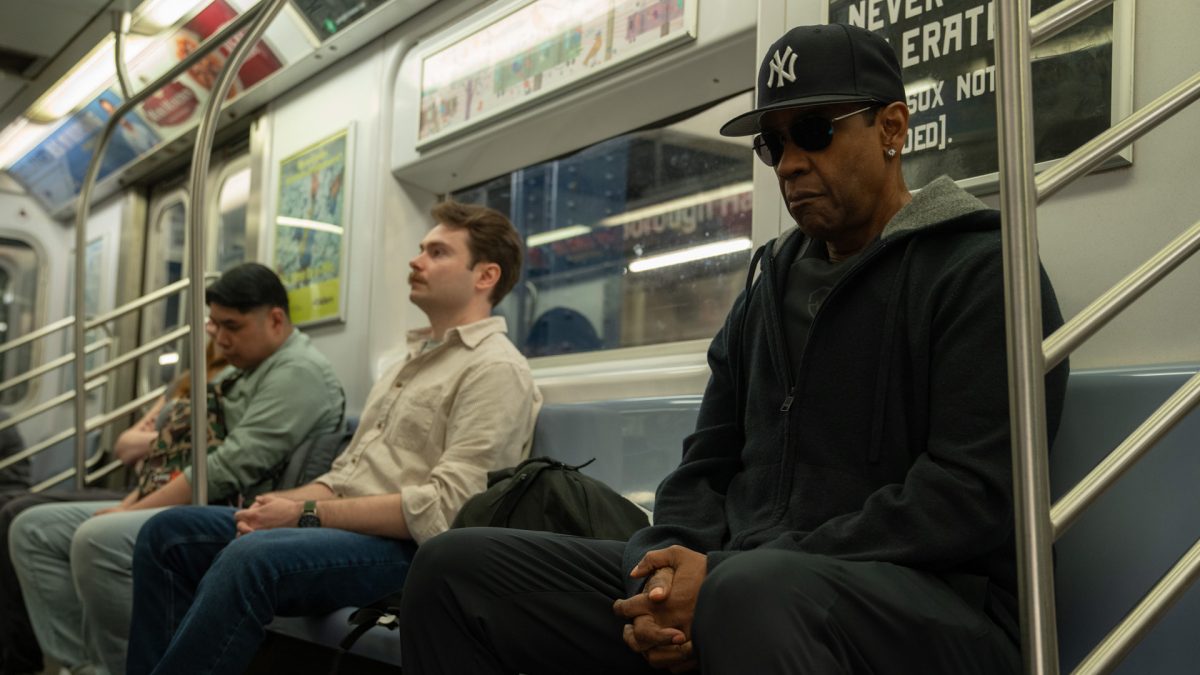

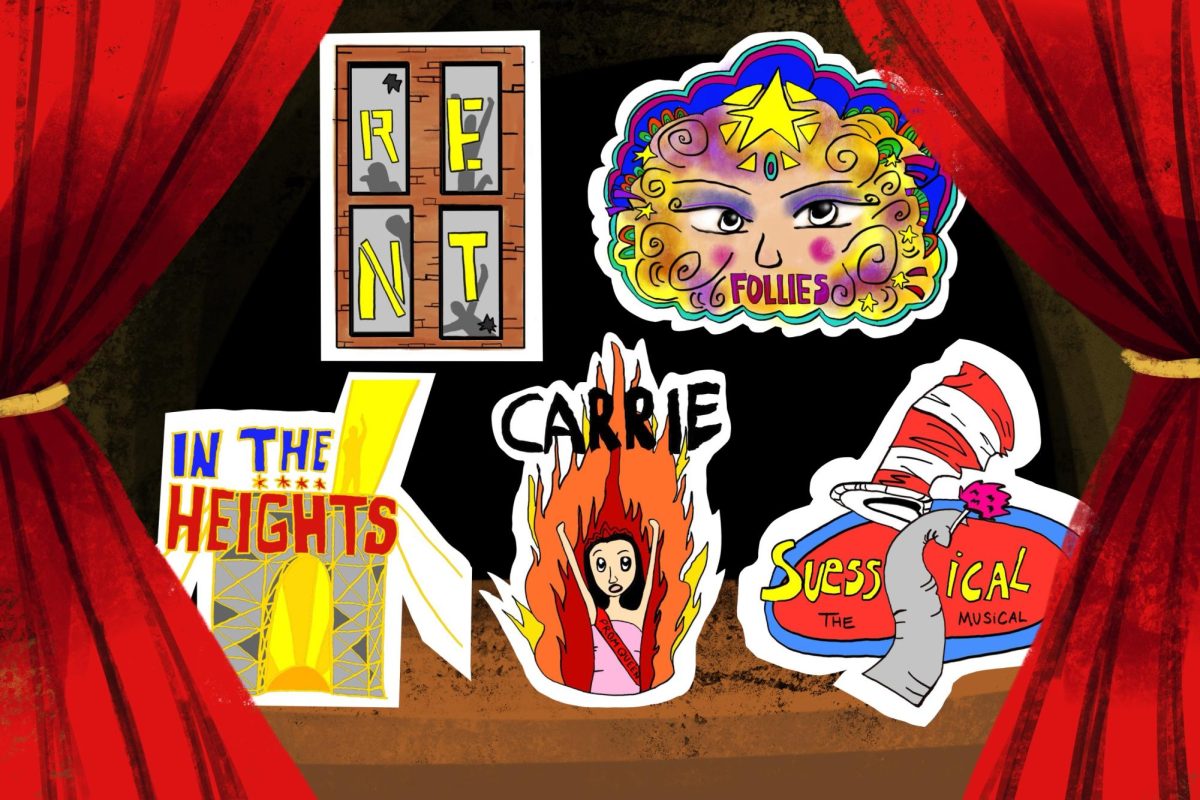

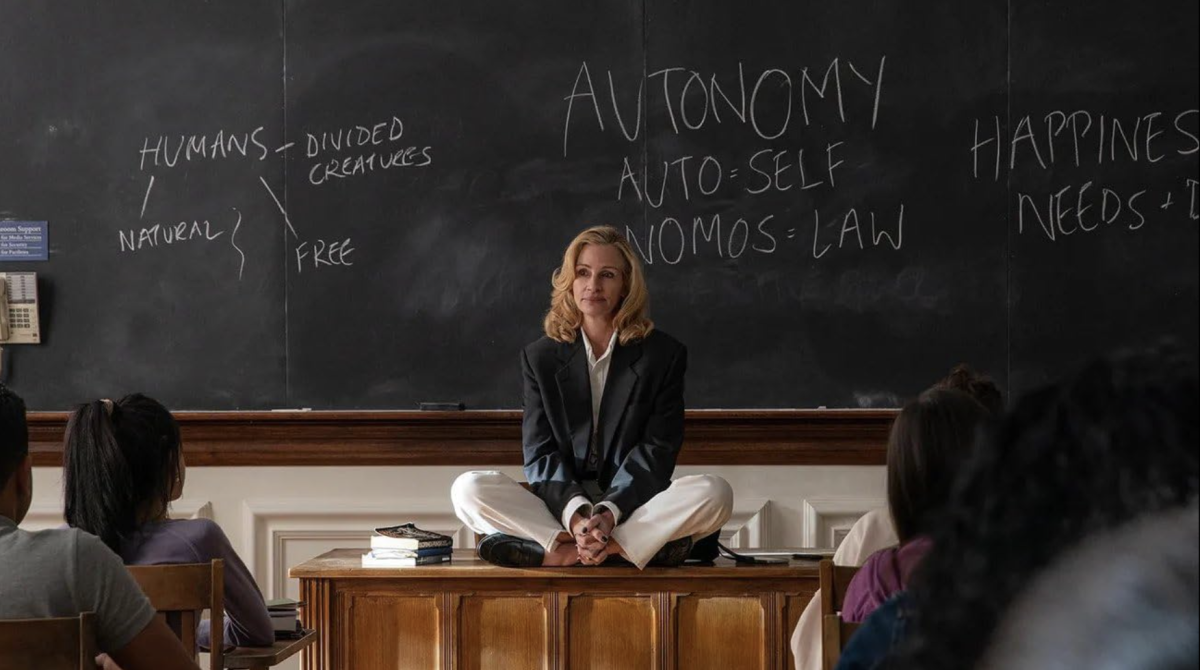





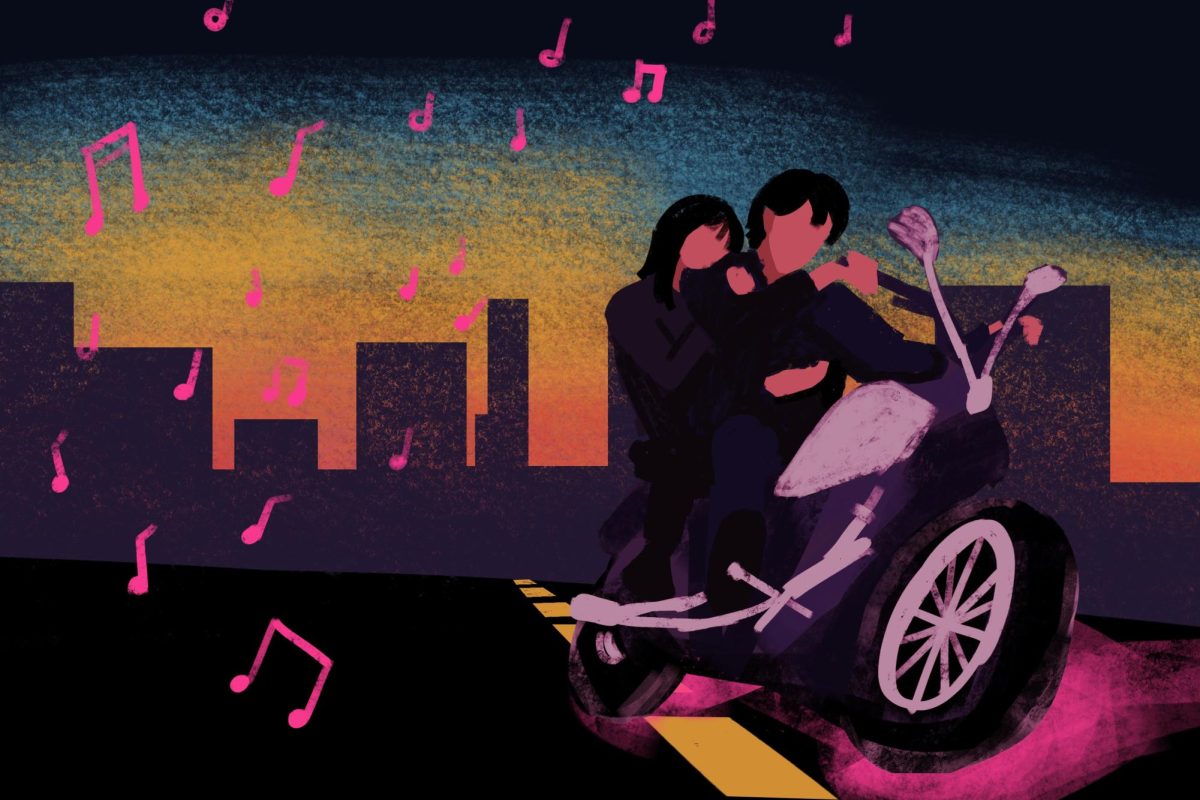

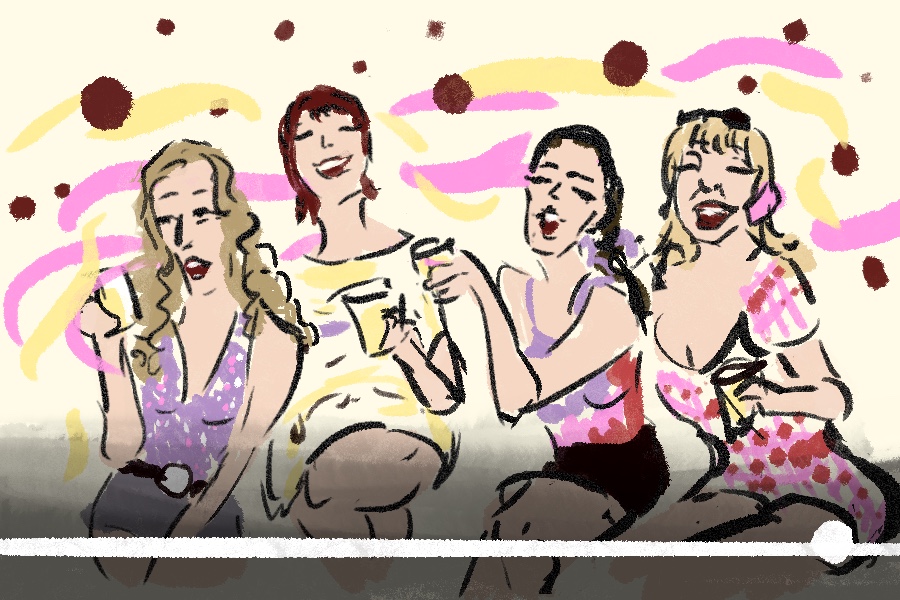

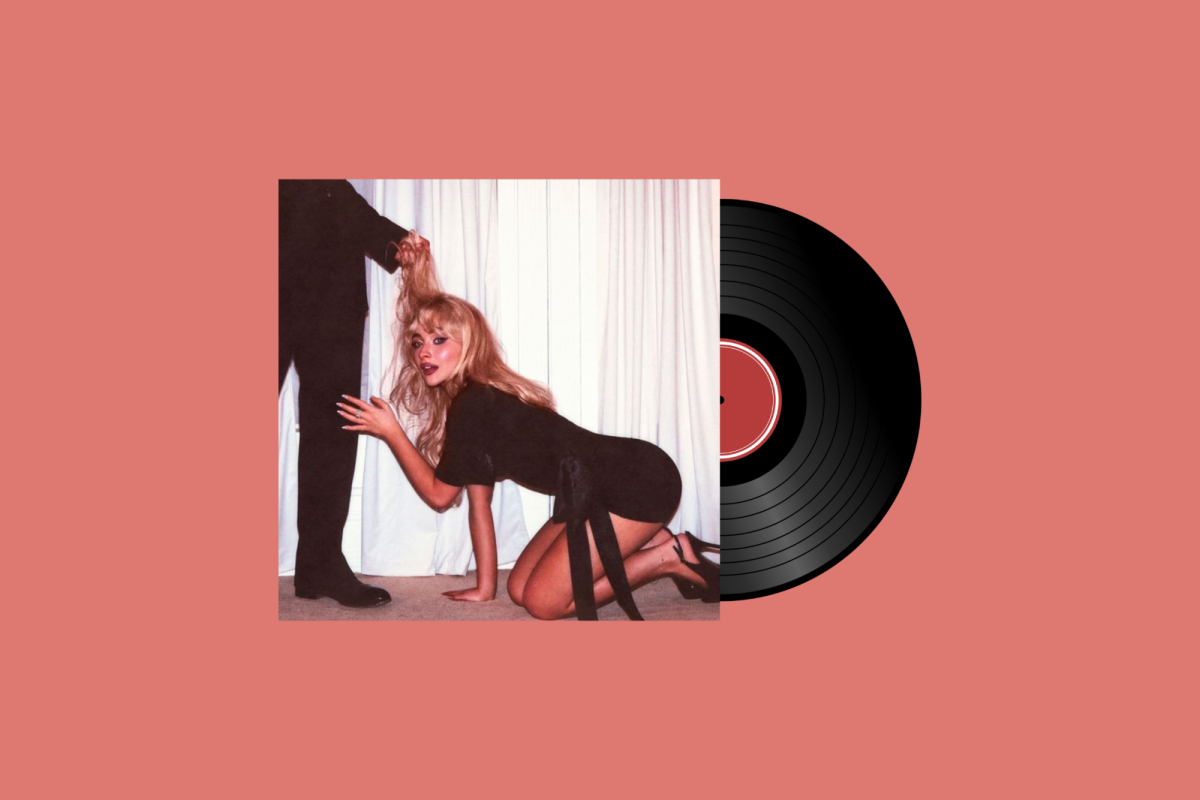
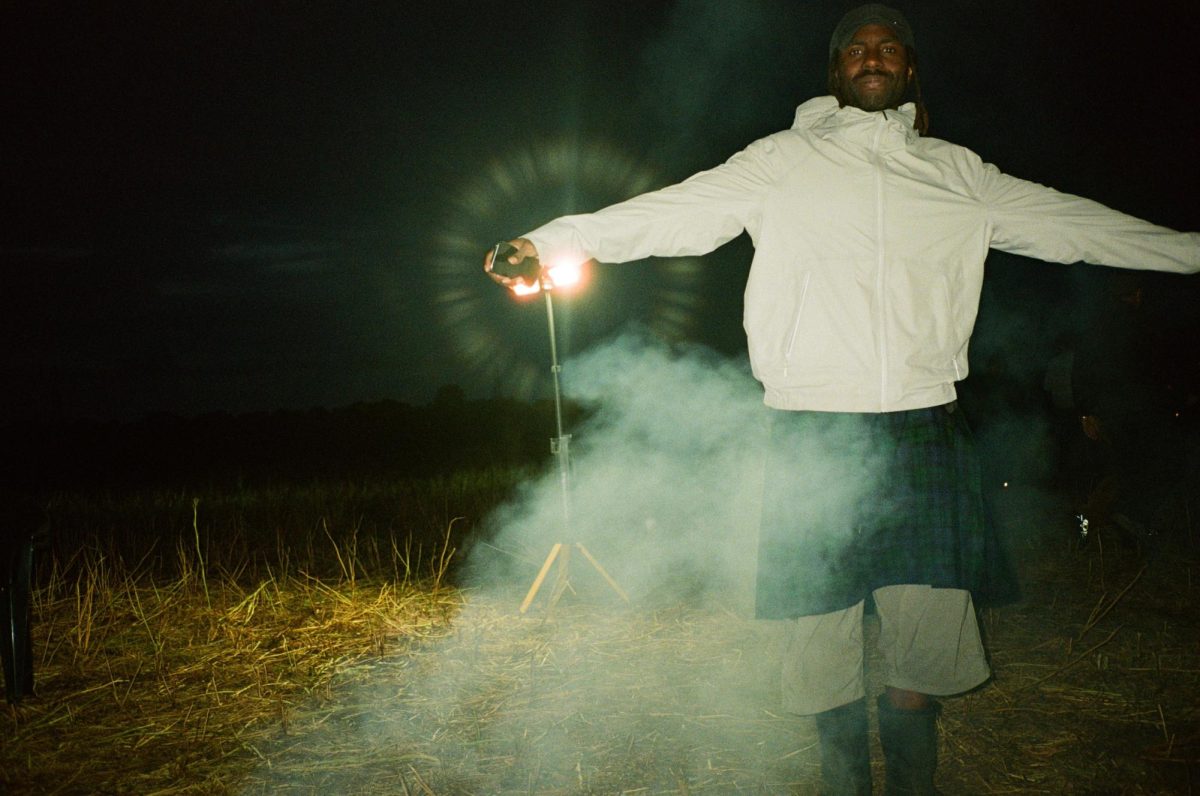





































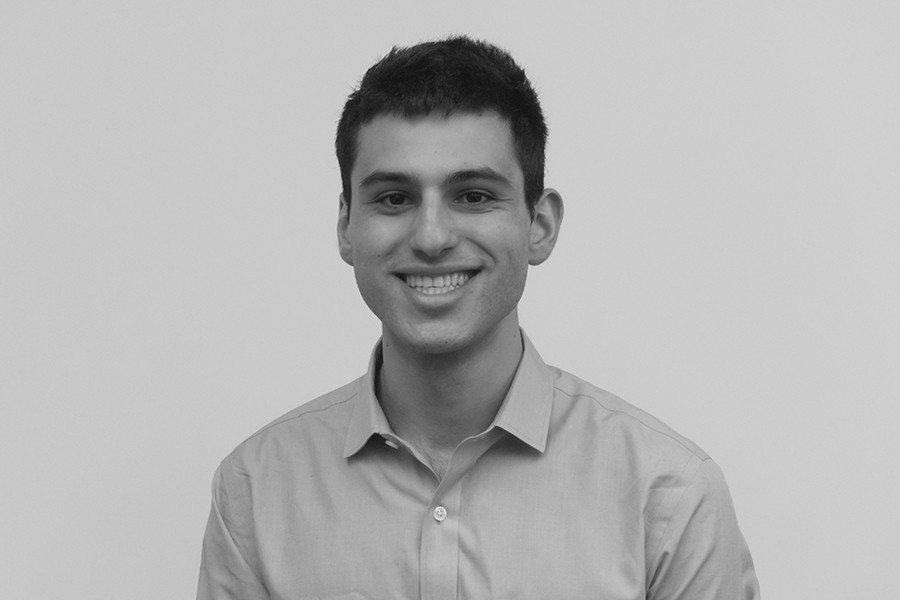

William Devillis • Apr 1, 2015 at 7:37 am
I’m amazed that many students at this University are against women’s right gay rights civil rights and religious freedom and support a govt whose leaders have publicly advocated the murder of Jewish infants toddlers and children to prevent them from growing up to become soldiers.
Women’s rights. In Israel all women of age have the right to vote. Mai’s Ali-Saleh, a Muslim Palestinian woman born and raised in Israel was Valedictorian at Israel’s top and one of the worlds leading medical schools. Hanin Zoaba, a Palestinian woman, and a huge supporter of Hamas, serves in the Parliament because she was elected. There is a woman on the Israeli Supreme Court and Golda Meir was one of the most important Prime Ministers in Israeli history. If a woman is raped in Israel, she is the victim. If a woman is raped in Gaza and the West Bank, she is the criminal. Honor killing is legal. The PA govt announced official numbers. Honor killings doubled from 2012-2013 and doubled again in 2014. If Mai’s Ali-Saleh lived in the West Bank or Gaza, she would have needed her parents Ok to get a higher education as in many ME countries with Sharia Law.
The students at this school say they support gay rights. Israel has a thriving gay population. In the West Bank and Gaza, gays are executed for being gay. It is illegal to be gay as it is in many Muslim countries in the Middle East.
The students say they support civil rights. In Israel all citizens have the same rights that we have in the US. Ms. Zoaba can rant all she wants about Israel but she’s free to do so. Remember, the wall Israel built to keep out terrorists. Many Palestinians in the West Bank claimed it caused them undue hardship separating work and home. You know why you don’t hear about it now. The Palestinians, non Israeli citizens, sued The Israeli government in an Israeli Court. Final decision by the Israeli Supreme Court, which contains an Arab Justice, the government was at fault and was ordered by the Court to move the fence in certain areas where it was causing a hardship. Does anyone really believe that a Jew, Christian or even Palestinian can criticize their govt and live to tell about. After the war with Hamas in 2014, some Palestinians were critical of Hamad forcing the to stay in their homes and be martyrs for cause despite Israeli warnings of when and where they would be attacking rocket launchers in their neighborhoods. Hamas response to the complaints-37 Palestinians were executed in public to make their point. Yassir Arafat once bragged on American TV that he killed more Palestinians than the Israelis ever did.
Religious freedom. In Israel, all religions are free to practice their religions. A poll several years ago, conducted by an Israeli Palestinian group, said that more than 80% of Israelis Palestinian civilians were in favor of a Palestinian State. The same number said however that’d rather live in Israel than that a State. The shocking number one reason, religious freedom. The Palestinians said they were free in Israel to practice Islam when and where they wanted they did not want to live in a State where they are told how they must pray.
• One last point, the Palestinians talk about the terrible lives thanks to the Jews. The Palestinians, since a special UN Refugee Agency was created years ago, an agency controlled by Hamas and Islamic Jihad for twenty years, have received from the U N, the US and yes Israel, over 1 Trillion Dollars. Why are they still in refugee camps? Where’s the money? When Israel pulled completely out of a Gaza ten years ago, they left hundreds of homes and apartment buildings and 300 filled greenhouses. Hamas first act was to destroy it all. Palestinians won’t live in Jew homes and eat Jew food, they said. I guess better to starve and live in tents and blame the Jews for your life
In 2000, 2001 and 2008 Israel offered the Palestinians most of what they asked for. All Israel asked was for the Palestinians to recognize Israel and remove the section of their Charyer which calls for the total destruction of Israel. They refused.
Egypt took the deal in 1978, removed the section for room their laws and got the Sinai back and a peace that has lasted almost 40 years. In the 1980s, the Israelis trained more than 25,000 Egyptian students how to irrigate desert land and grow farms and food in the desert just as the Israelis had learned to do.
Unfortunately when college students today buy into the Palestinian babble about occupied land, what they don’t understand, the Palestinians aren’t talking about Gaza or the West Bank. To them, they mean the State of Israel is occupied land. Jess and Christians do not belong in the Middle East. They’ve been taught for 60 years that Jews made up the Holocaust so that they could steal Muslim land in what is now Israel.
Try making peace with that.
Anonymous • Mar 27, 2015 at 12:04 pm
example of a fairer op-ed on this subject in the LA times:
http://www.latimes.com/opinion/op-ed/la-oe-makdisi-israel-apartheid-20140518-story.html
example of international analysis, as provided by the wiki paw on the “Israeli apartheid analogy”:
http://web.archive.org/web/20090622083122/http://www.hsrc.ac.za/Document-3227.phtml
as far as the articles above demonstrate, especially the latter, by an unbiased international team, Israel is in fact no different from the South African apartheid state, but rather more alarming due to it’s self-legitimizing sense of morality in apartheid.
I’m honestly appalled that this one-sided approach can be presented in my school’s own newspaper, even as an opinion piece. the writer has not taken time to examine both sides of the issue, clearly, but rather to ignore the human rights issue(s) and simply regurgitates in a roundabout fashion the classic argument that Palestinians are a people who don’t deserve basic human rights. Ending the article with a jab of anti-Semitism again elucidates one of the biggest problems people face in this issue: we can not have a rational discussion about the atrocities perpetrated by the state of Israel if we are to be referred to as anti-Semites, and the fact that SJP has at least one (I am not a member so I can’t speak for more than that) Jewish person makes this jab downright cruel.
I would wish for the writer to not create a violent environment for discussion on this issue, but it seems he wishes to further alienate israel and america’s Palestinian communities. after all, it’s the simpler choice for a good piece.
Roxane • Mar 27, 2015 at 5:27 pm
You’re all shmucks! and David Zonshayn is the most handsome, charming fellow at NYU.
Jordan • Mar 28, 2015 at 10:28 am
So David used facts to, very clearly, show us how Israel is not an apartheid state. He did this cool thing where he explained what the South African apartheid was like followed by the “Israeli apartheid” people like you believe exists.
Let’s just take one little example from this well written op ed, break it down, dissect the facts, prove or disprove the statements, then reassess your comment.
Before you say Israel is far worse than South Africa pre-1940, you must educate yourself on this matter. In South Africa, “blacks were relegated to slums, not allowed to vote, hold political office, use white toilets or even stroll through white neighborhoods without a pass.” This is an accepted truth. It is something that has been acknowledged by both white and black South Africans. THIS IS WHAT APARTHEID IS REFERRING TO. So, I ask you to please use outside sources, maybe even speak to a South African, and confirm or disconfirm this accepted truth.
In Israel, there are Arab Muslims who serve on the Supreme Court, who serve in the Parliament, who have severed as the Interim President of the county (just last year), who have equal voting rights, who walk freely as homosexuals without fear of execution simply for their sexual preference, and, to keep things brief, who have the freedom to sit down side by side with any Israeli in any setting at any time. This is also fact. Go to Israel and witness this for yourself. This is no secret. These terrible Israelis do this whole freedom of religion thing out in the open. THIS IS THE COUNTER ARGUMENT TO AN ISRAELI LEAD APARTHEID.
Just focus on the word APARTHEID for one moment like I am. Put to the side any opinions on what Israel does in times of war. Put aside any acts of violence carried out by Palestinian Muslims. Let’s forget Hamas exists. Let’s look beyond President Abba’s Presidency. Again i ask you to FOCUS ON APARTHEID. There is a clear difference between South Africa and Israel when it comes to freedom of ALL the people living there. I have stated them above.
The question I will leave you with is this…
Do you agree or disagree that Israeli Muslims, Ethiopians, Israeli Christians and any other group of people living within the borders of Israel have equal rights, in the land of Israel, as the Jewish Israeli’s?
Jordan • Mar 28, 2015 at 10:32 am
I will like to also add that, although I agree with this entire op ed, I do not believe that comparing Israel to Gaza was needed to prove your point of an apartheid free Israel. The best way, in my opinion, is to isolate Israel and South Africa and compare facts.
Anonymous • Mar 29, 2015 at 11:42 am
Jordan all the things you stated, as mentioned in the internationally analyzed article I provided, are things you could do in South African apartheid and Israeli apartheid. so you merely elucidated that these in fact are similar states.
Anonymous • Mar 29, 2015 at 11:44 am
the Arab Muslims you say hold office are not Palestinians, so you’ve proven nothing
Marat DeEstephano • Mar 27, 2015 at 8:24 am
This is a very articulate and convincing defense of Israel. I used to be less sympathetic to the Israeli cause…
Arafat • Mar 26, 2015 at 8:59 am
Bravo!
++
Orwellian Apartheid.
There is not one single non-Muslim citizen in Saudi Arabia.
Afghanistan once home to a thriving Buddhist civilization is now 100% Muslim.
Pakistan once home to a thriving and ancient Hindu civilization is soon-to-be devoid of all Hindus. Meanwhile the Muslim population in India is soaring.
Yemen once home to a large Jewish population now has a dozen, or so, Jews left living there. The same is true in Iraq and Morocco.
Sudan once home to a large Christian and Animist people has seen most of these people killed or fled or forcibly converted to Islam.
Iran once home to a large, historic Zoroastrian community is helping to ensure these ancient people are ethnically cleans. The same thing is happening to the Assyrians of Syria, the Chaldeans of Iraq, the Copts of Egypt….
Meanwhile the Muslim demographic in Israel is soaring.
Islamic propaganda, supported by unhinged professors, knee-jerk liberals, politicians who have sold their soul for the petrol dollar and student who don’t have a brain between them all tell us it IS Israel that practices apartheid.
Orwellian apartheid, that is.
George • Mar 26, 2015 at 8:39 am
this article is se bigoted shit.